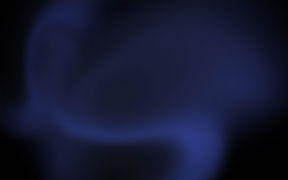



Extraction
Extracting a tooth means removing it from its socket in the bone.
When might someone need a tooth extraction?
-
Advanced periodontal disease
-
Fractured teeth or roots
-
Impacted teeth
-
Infection or abscess
-
Malpositioned teeth
-
Orthodontic correction
-
Severe decay.
After one or several teeth are extracted, dental implants are the optimal choice for replacing the missing teeth preserving the patient’s oral health, bone, and appearance. When a tooth or several teeth are missing, they tend to shift and can impact your oral health leading to possible problems with chewing/digestion, your jaw joint, and deteriorating bone. This is why it is very important to decide with your dentist if a tooth extraction is your best option and how you intend to replace the missing tooth.
Wisdom Teeth
By the age of eighteen, the average adult has 32 teeth; 16 teeth on the top and 16 teeth on the bottom. Each tooth in the mouth has a specific name and function. The teeth in the front of the mouth (incisors, canine and bicuspid teeth) are ideal for grasping and biting food into smaller pieces. The back teeth or molar teeth are used to grind food up into a consistency suitable for swallowing.
The average mouth is made to hold only 28 teeth. It can be painful when 32 teeth try to fit in a mouth that holds only 28 teeth. These four other teeth are your Third Molars, also known as "wisdom teeth."
Why Should I Have My Wisdom Teeth Removed?
Wisdom teeth are the last teeth to erupt within the mouth. When they align properly and gum tissue is healthy, wisdom teeth do not have to be removed. Unfortunately, this does not generally happen. The extraction of wisdom teeth is necessary when they are prevented from properly erupting within the mouth. They may grow sideways, partially emerge from the gum and even remain trapped beneath the gum and bone. Impacted teeth can take many positions in the bone as they attempt to find a pathway that will allow them to erupt successfully.
These poorly positioned impacted teeth can cause many problems. When they are partially erupted, the opening around the tooth allows bacteria to grow and will eventually cause an infection. The result: swelling, stiffness, pain and illness. The pressure from the erupting wisdom tooth may move other teeth and disrupt the orthodontic or natural alignment of teeth. Early removal is recommended to avoid such future problems and to decrease the surgical risk involved with the procedure.